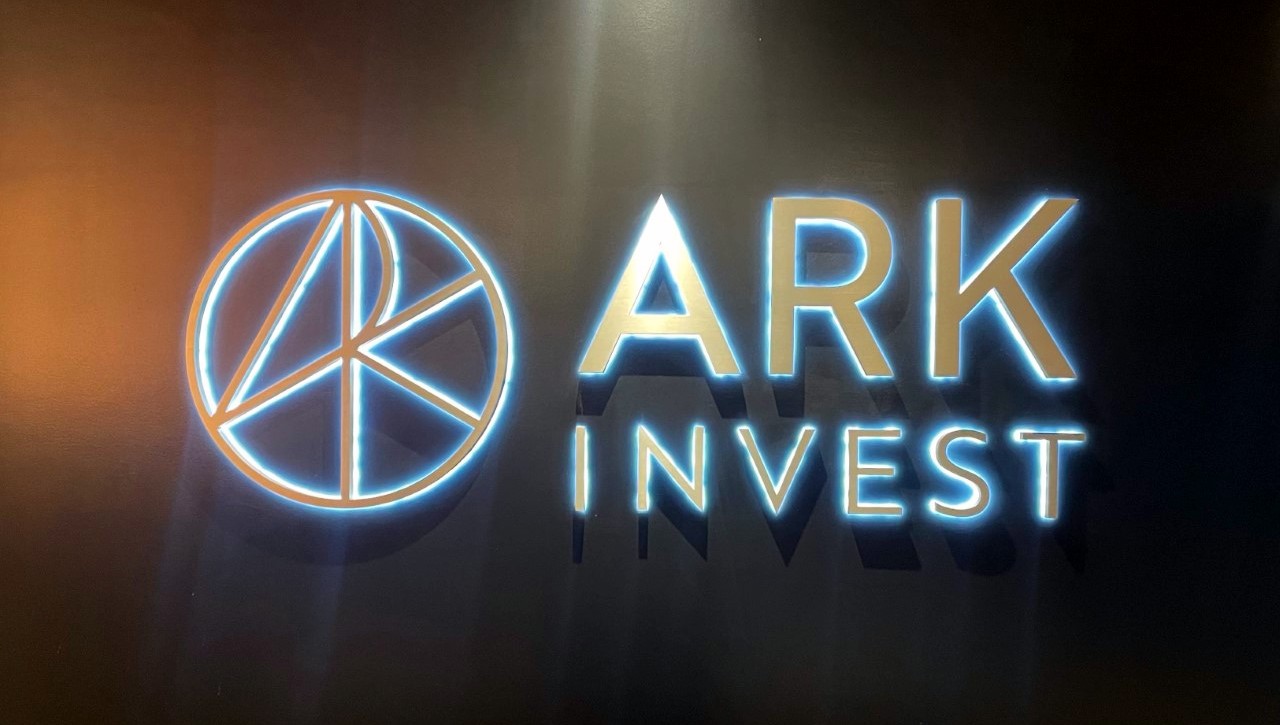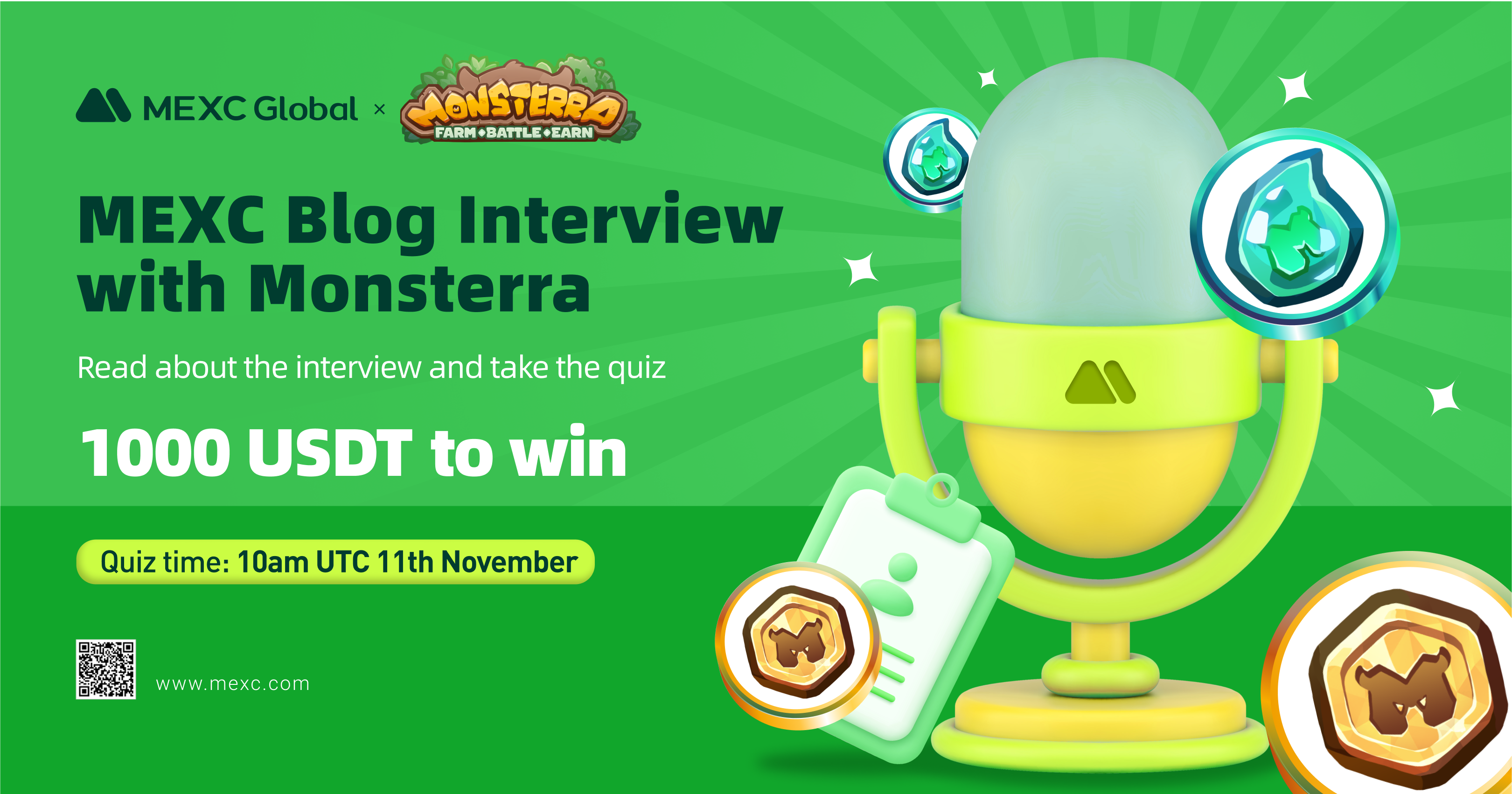“What’s in a name? That which we call a rose. By any other name would smell as sweet.” In Shakespeare’s famous play, Juliet’s line is used to tell Romeo that a name is nothing but a name. It is merely a convention with no meaning behind it. She declares her love and tells him that she loves him as the person he is, and not his family name. A lasting sentiment for the ages, for sure. Yet as great a writer as William Shakespeare was, he was clearly not much into blockchain and Web3. In fact, he certainly does not know about Blockchain Domain Name.

The problem with the internet as we know it (Web2) is that it is under the control of highly-centralized operating systems owned by a few corporations. These entities seem to care little about user experience and privacy. Instead, it is more about the profits that they generate from our data. If the world of the internet is to evolve from Web2 to Web3, blockchain domains are not going to be just a fun NFT play, but a necessity in facilitating the transition.
Domain Name Services (DNS)
With our current internet, Domain Name Services (DNS), the names that represent websites, are overseen by centralized businesses, and domain registrars are hosted on centralized servers. When you “buy” a domain, the host is acting as a custodian that gives the user access to the domain. They can take it down whenever they want, and often, there are annual renewal fees.
You use a traditional domain when you type an address into your browser and get taken to a website. And that’s about it. Traditional domains haven’t progressed much beyond displaying websites, yet they were originally conceived to have much more utility. Arguably, the internet could have been very different if it was not for the centralized owners stifling innovation. But with blockchain and Web3 domains, we have the potential to revolutionize the internet.
Web3 domains (also called NFT, crypto, and blockchain domains) are decentralized. It lives on a public blockchain and so gives users ownership of their stored data. The main benefits to owning one are seamless crypto transactions by replacing long wallet addresses with the domain name, and building and hosting websites on Web3. Depending on the blockchain naming system, there can be multi-chain compatibility allowing crypto transactions, regardless of the blockchain network. And, unlike traditional domains, most offer a ‘one buy-own for life’ model with zero renewal fees.
The utility of blockchain domains does not end with the examples mentioned, and more are being integrated all the time. There are several blockchain domain names systems that are working to bring about this new Web3 world:
Ethereum Name Service
Ethereum Name Service (ENS) has become the largest blockchain naming standard, with over 2.17 million names registered. The platform distributes domain names, which can be identified by the TLD (Top-Level Domain. A TLD is the final component of a domain name, for example, “org”), “.eth” or “.test.” Please note, that with ENS there are renewal fees.
Unstoppable Domains
A market leader, Unstoppable Domains connects Web2 clients to Web3. It allows users to create a blockchain-based wallet address on Ethereum or Zilliqa, ending in .crypto, .nft, and .zil, among several other options as extensions for web browsers. Unstoppable Domains is compatible with nearly 300 coins and tokens and has registered over 2.6 million domains. Users can also display their NFT avatars on the web and verify their social accounts. One of the biggest advantages of Unstoppable Domains is that users fully own their crypto domain once bought. Therefore, there are no renewal, hosting, or gas fees charges.
Bonfida – Solana Name Service
Just like ENS, the Solana chain has Solana Name Service (SNS). It replaces Solana addresses with human-readable identities for users in the Web3 ecosystem, such as “amber.sol.” Solana users can create a .sol username by connecting their SOL wallet, such as Phantom, to Bonfida’s Naming service and buying a domain with SOL or USDC. Users can also associate their Twitter handles with Solana addresses and send and receive payments. As with other blockchain domains, SNS allows users to transact crypto and interact with different .sol usernames directly instead of standard addresses.
Adahandles
Doing what Bonfida has done for Solana, adahandles provides a standardized NFT on Cardano that developers and users can use to associate an address with a custom and human-readable address. It is also a one-time purchase.
Space.ID.
A new provider on the block, the first version of SPACE ID starts with the .bnb name service. Beginning with the Binance Smart Chain, Space.ID intends to become: “A universal name service network that connects people, information, and assets across all blockchains and apps.”
And, while you are doing your own research, you may also like to check out: Freename.io, PeerName, NameCoin’s Dot-Bit, Blockstack, Quik.com, Emercoin, New Blockchain DNS, or Handshake.
So, what’s in a blockchain domain name? If Web3 is to become the next iteration for the internet blockchain domain names will play an important part in that transition. Domain names are an important key that will help unlock greater adoption by providing user-friendly utility, decentralized ownership, and peer-to-peer transactions. Perhaps, because of the benefits of blockchain, it is time to start loving your chosen minted names.
Personal Note From MEXC Team
Check out our MEXC trading page and find out what we have to offer! You can learn more about crypto industry news. There are also a ton of interesting articles to get you up to speed with the crypto world. Lastly, join our MEXC Creators project and share your opinion about everything crypto! Happy trading!
Join MEXC and Get up to $10,000 Bonus!



